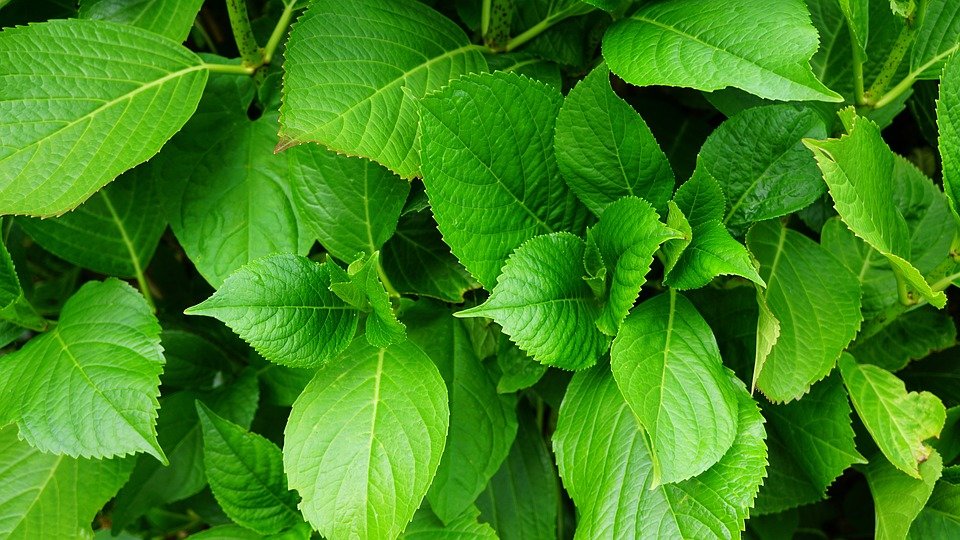The 4TU.Federation has awarded a total of 22 million euros to five proposals within the framework of the call ‘High Tech for a Sustainable Future’, thus giving a strong impetus to research into sustainable technology. In doing so, the Netherlands’ four universities of technology (TU Delft, TU Eindhoven, University of Twente, Wageningen University), are taking the lead in making a significant impact on social challenges in the long term. TU Delft coordinates one of the five research programmes: Plantenna.
The Plantenna programme focuses on the heavily intertwined problems of climate change, pollution and food shortages. In view of the growing world population and increasing urbanisation, these are issues that are set to intensify. A key component of the project will be the development of sensor technology that will collect information within plants about the condition of the crop and its immediate environment. By linking together plants equipped with this technology in networks – an ‘internet of plants’ – the information collected can be used to monitor the climate and weather and increase crop yields through more efficient fertilisation and irrigation.
Botanic sensors monitor crops and the environment
Global food production is failing to meet increasing demand. In order to safeguard food security for a world population that is fast approaching nine billion, crop yields in existing agricultural areas must increase. This is because the availability of new agricultural land and sources of irrigation is limited. Climate change, changes in weather patterns and ongoing urbanisation continue to intensify this challenge. In the future, much of humanity will live in urban ecosystems and both humans and crops will face the threat of floods, droughts and environmental pollution. How can we improve climate-proofing and quality of life in such increasingly self-sustaining urban agglomerations and how do we increase agricultural and horticultural productivity?
Cyberplant
All kinds of different physical, chemical and biological processes take place within plants. New sensor technology will soon make it possible to directly monitor these processes within the plant. A plant equipped with botanic sensors of this kind – a cyberplant – can provide information about the moisture content, cell composition and quality of the crop itself, as well as environmental factors such as soil and air quality, wind speed, solar strength and rainfall. Fast and reliable data about the plant's condition can make it possible for plants to be watered when required and fertilised more efficiently. In addition, the sensors will provide valuable data about the climate, weather and the environment. Accurate weather forecasts are essential for agriculture in order to time planting and harvesting efficiently while improved environmental monitoring will help achieve a sustainable and healthy living environment over the longer term.
Internet of plants
Researchers at the four Dutch universities of technology – TU Delft, the University of Twente, TU Eindhoven and Wageningen University – have joined forces in order to make this pioneering cyberplant technology possible. To achieve this, they are developing sensors capable of taking readings directly in the sap flow or monitoring the movement of plants. Ideally, the various sensors in the plant will form an autonomous and self-sufficient system. Research is also being conducted to determine whether the sensors can be powered directly from the plant by means of an electrochemical process and whether they can communicate the results of their readings to other plants, using the plant as antennae. Hence the name Plantenna, meaning an antenna that collects data on the plant itself and its surrounding, and communicates that data through a network of antennas. Such a network – an ‘internet of plants’ – can then provide a range of information about crops, the environment, weather and climate that was previously unavailable. This could for example include more intricate networks that gather accurate data about the microclimate, including in cities, potentially resulting in improved weather forecasting.
Challenges and opportunities
The Plantenna programme, coordinated by TU Delft's Professor Peter Steeneken, is bringing together research groups in the fields of sensor technology, microelectronics, nanotechnology, communication, environmental plant physiology and environmental monitoring. On the one hand, they will focus on technological issues including integrating electronics into the plant and enabling plants to communicate with each other; on the other hand, they will explore how the information obtained can be used to make real improvements in crop and environmental monitoring. In order to achieve this, the researchers are liaising closely with experts in the fields of agrobiology and biotechnology. Representatives of the high-tech industry are also involved in the programme, because this technology offers at least as many long-term opportunities as it poses challenges. Although still in its very early days, cyberplant technology has the potential to become a key technology for the future.
More information
Read the 4TU press release.
Contact
TU Delft Science information officer Roy Meijer, r.e.t.meijer@tudelft.nl 015 27 81751.
